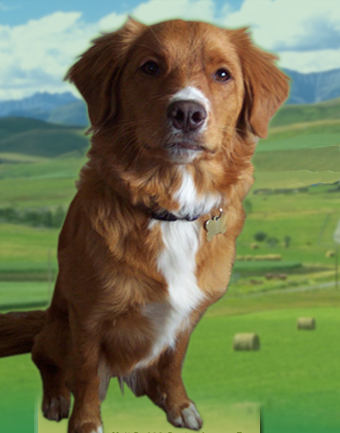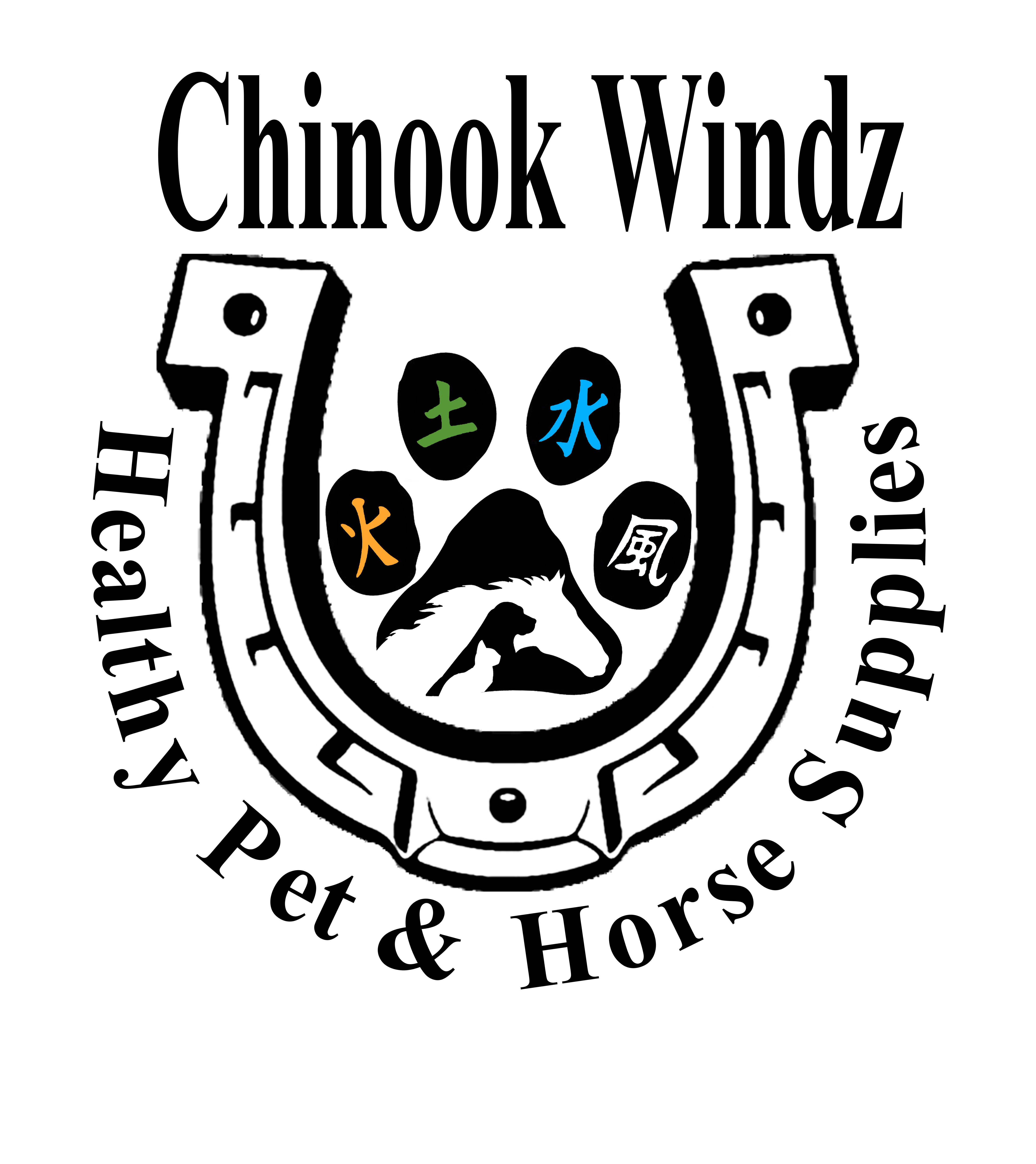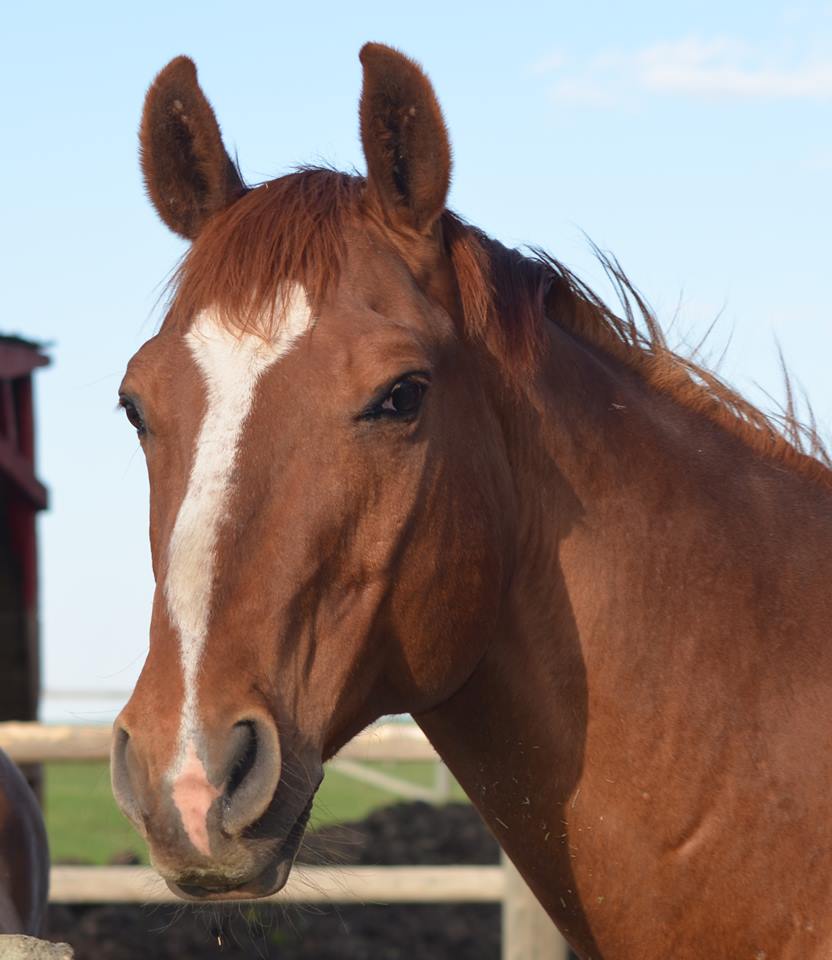|
Tip #1
Whether you choose to feed your dog or cat a
quality kibble, canned or RAW diet, the benefits of supplementing their
daily meals with a cold water fish oil (salmon, herring, etc) are
astounding. Fish and fish oils are good sources of Omega 3 Essential Fatty
Acids (OFAs) and have healing/detoxifying qualities that all pets can use.
Improved coat condition, skin condition and a healthier digestive system are
just a few of the benefits of adding daily fish oils.
Tip #2
Keeping track of how much your pet is eating
can be easier if you have scheduled meal times and don't just leave the bowl
down for free feeding. Putting the bowl down at meal time for up 15 minutes
gives your dog or cat plenty of time to eat, motivates them to eat a proper
meal, rather than nibbling. This is especially helpful if you pet is a bit
overweight.
Tip#3
Canadian and American veterinary associations are no longer recommending
annual vaccinations for our pets. Research is proving that most vaccines
last much longer than a year (3 or more) and many provide protection for a
lifetime, if given at the proper time during puppy hood. Check with your
vet about what vaccinations are important in the areas where your pets live
and visit, and vaccinate only for those diseases that are life threatening
and prevalent. Vaccines have many side effects and are very hard on the
immune system - so vaccinate cautiously and with the knowledge of what
vaccines are important for your pet.
|
Tip #4
The digestive system of dogs and cats are not designed to process large
quantities of grains. Cats are true carnivores and require no grains in
their diets. Dogs require only small amounts. Large quantities of grains
are not digested properly and the body struggles to process them. So they
often sit in the digestive system for much longer than they should. This
can lead to bloat and other serious digestive ailments. Check your pet's
food to see what the main ingredients are. If they are products such as
wheat, soy or corn, then your pet could be at risk for digestive health
issues. If you are unsure as to what your pet should be eating, contact us
for more information.
Tip #5
The quality of the food that you put into your pet will
determine how much you need to feed to achieve proper nutrition and how much
of it will end up on your lawn. If you feed foods that are more
biologically appropriate for your pet and easier for them to digest, you
will need to feed them less because they are able to retrieve more of the
needed nutrients from the food. If you feed lower quality products that the
body has trouble processing, most of it will pass right through the body and
onto your lawn. And your pet will not have received the nutrition that they
need. |







